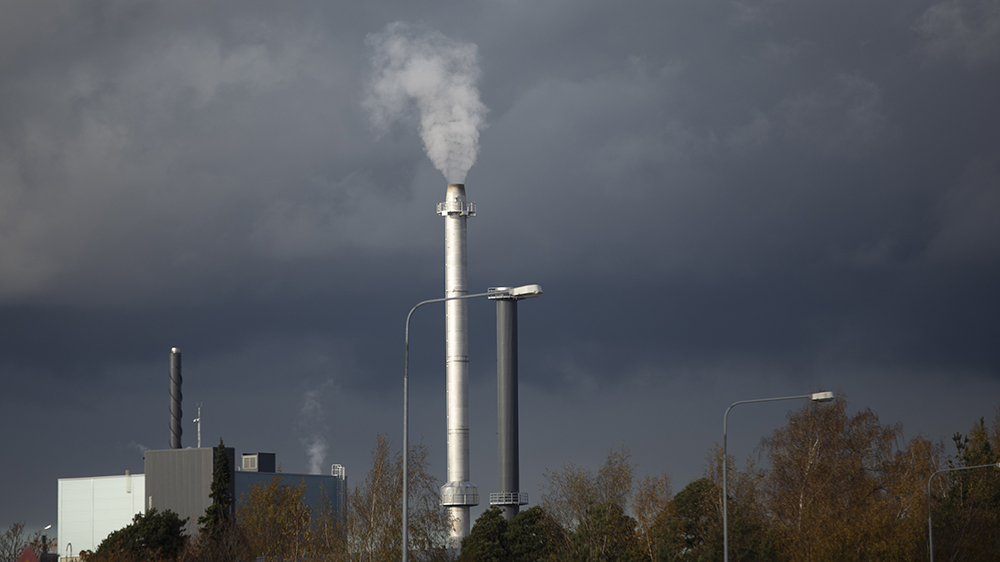Ministry of Economic Affairs and Employment begins implementation of new EU climate rules

On 18 April 2023, the European Parliament approved five legislative proposals that are part of the “Fit for 55” package. Parliament, the Commission and the Council representing the EU Member States had reached a preliminary agreement on the proposals at the end of 2022. The climate package aims to reduce greenhouse gas emissions in the EU by at least 55 per cent by 2030, compared to 1990.
The package includes a reform of the emissions trading system (ETS), inclusion of emissions from maritime transport in the ETS, revision of the ETS for aviation and creation of a new emissions trading scheme for fuel distributors. The new emissions trading scheme will cover road transport, building-specific heating, construction and fossil fuels from industry not included in the ETS at present.
In addition, the EU will establish a Carbon Border Adjustment Mechanism (CBAM) and social climate fund. The first will protect EU industry against carbon leakage and the latter will combat energy and mobility poverty.
The Council still needs to adopt the legislative texts at its official meeting. They will then be published in the EU Official Journal and enter into force 20 days later. The Ministry of Economic Affairs and Employment is responsible for the overall reform of the emissions trading law and the implementation of the CBAM.
Reform of ETS will expand emissions trading to new sectors
Reforming the ETS will raise the system’s target level. By 2030, the sectors covered by the scheme must reduce their greenhouse gas emissions by 62% from the 2005 level. The auctions of emission allowances for fuel distribution will start in 2027 or 2028.
Emissions from maritime transport will be phased in in the ETS already starting in 2024. The reform of the emissions trading scheme for aviation will abolish free allowances by 2026 and promote the use of sustainable aviation fuels.
In November 2022, the Ministry of Economic Affairs and Employment appointed a steering group and four subgroups to prepare the reform of the emissions trading legislation.
New mechanism to protect EU industry against carbon leakage
The EU will create the CBAM for imports from countries that have lower emission limits than the EU. This will compensate for the costs of the ETS and incentivise third countries to achieve ambitious emission reductions. At the same time, the mechanism will prevent EU operators from relocating their production to countries with less stringent rules.
The CBAM would apply to the production of iron, steel, cement, aluminium, fertilisers, electricity and hydrogen as well as indirect emissions, under certain conditions. The mechanism will be introduced in two phases so that reporting obligations will begin already in October 2023. The collection of payments under the CBAM will begin gradually in the second phase from 2026 onwards, while free allowances under the ETS will be phased out.
The Ministry of Economic Affairs and Employment appointed a working group to prepare the national implementation of the CBAM.
Inquiries: Riku Huttunen, Director General, Minister of Economic Affairs and Employment, tel. +358 50 431 6518
Juhani Tirkkonen, Senior Ministerial Adviser, Ministry of Economic Affairs and Employment, tel. +358 29 506 2140
TEM:n tiedote 24.11.22: Päästökauppalainsäädännön uudistaminen käynnistyy – valmistelun ohjausryhmä ja alatyöryhmät asetettu
